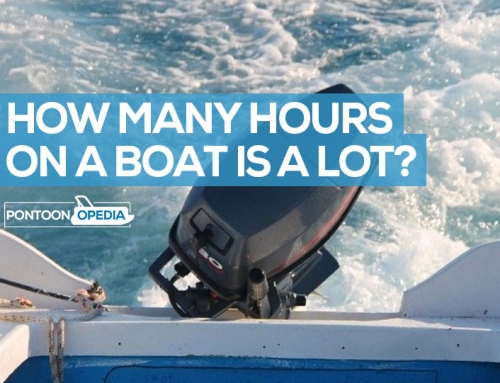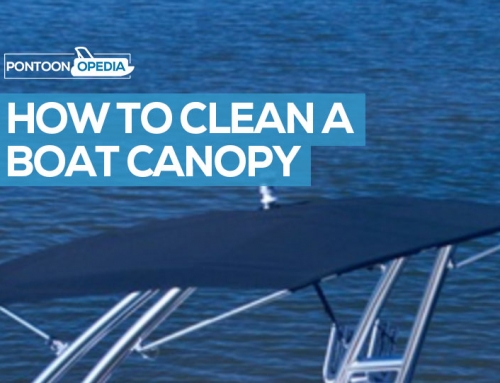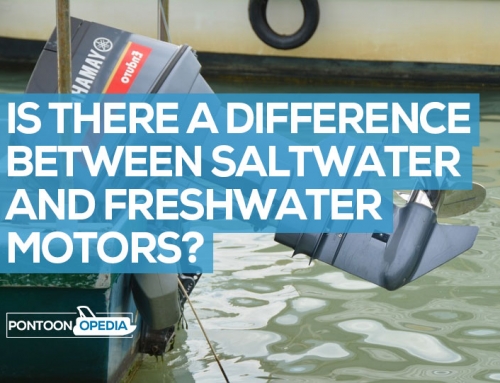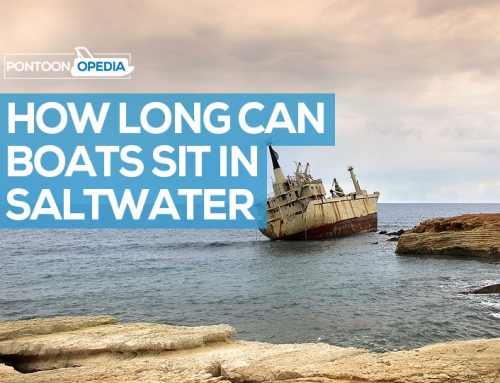Falling overboard from small boats is one of the leading causes of boating fatalities in the United States and Canada every year. There are ways in which you can reduce this risk. I’ve listed those reasons below, and here’s a short answer if you are taking a Boat Ed exam or quizlet question:
Falling overboard is a major risk on small boat. You can reduce this risk by balancing the weight of people and gear, don’t overload the boat, keep your body central with a low center of gravity, don’t stand up, and always keep three points of contact with your hands and feet.
How to avoid falling overboard from a small boat
Here are some more detailed answers if you want to make sure that you don’t end up risking falling overboard from a small boat. These tips also reduce the major risks of capsizing and swamping of your small vessel.
- All passengers in the small boat or paddlecraft should wear a PFD or life jacket at all times just in case they do fall overboard.
- Never put too much weight into the small boat or paddlecraft. If it’s overloaded with passengers and gear, it could easily capsize, or someone could fall overboard.
- The weight in the small boat, including passengers and equipment, should be evenly distributed, with weight keep to a low center of gravity.
- By keeping weight at the back of the boat, it can reduce the risk of a capsize.
- That means you should not stand up on the small boat once it is in motion.
- If you do need to move around or stand up on the boat, make sure that you have both feet firmly on the deck, with one hand gripping the boat.
- Don’t take a small boat or paddlecraft out into rough water or seas.
- Always slow your small boat down if the conditions are rougher than you were expecting.
- Don’t over-estimate your skills of experience. Even boat instructors can have accidents.
Handy Hint: There is an old sailor’s tip which can reduce the risk of falling overboard which goes like this: “One hand for the boat, one for the sailor”.
Always stay seated and keep one hand on the boat!
The most important of those tips if you don’t want someone to fall overboard from your small boat is to make sure that everybody stays seated at all times.
If you do need to move about or stand up at any point, then keep one hand on the small boat – that ties into the advice about having 3 points of contact touching the boat at all times.
Don’t just think this is a problem for small boats though (see how you can make a Jon boat more stable).
If you’re walking around on the deck of a pontoon boat, and it gets hit by a wake or wave, you can fall over the railings into the water – even with the stability of the pontoon tubes keeping the boat afloat.
This has happened to me.
It’s also happened when I have been docked up at my local marina.
The reason it happened was because I didn’t follow my usual rules. I had armfuls of gear and didn’t have a hand free to grip onto the boat rails.
If you have kids, it’s even more important.
Small paddleboat safety tips
Jon boats and smaller paddleboats are the smaller craft where you are most at risk of falling overboard.
If you are out paddling in a small boat, always go with another paddler. When you are in a group of other small boats, you can help each other out should one person fall overboard or capsize in the water.
But don’t let that think you should slacken off on safety.
It’s still your personal responsibility to make sure that you follow the guidelines and advice set out in this article on small boat safety.
Know what your skill level is, and don’t take risks if the weather forecast is bad or things take a turn for the worse.
The last word…
Don’t take any major risks when boating. In fact, don’t take any risks at all!
What I have found is that even the most experienced of boaters and captains tend to over-estimate how good they are, and what skills they have.
It’s a natural human instinct to think your experience is better than it actually is and can lead to really bad accidents.
I have many years of experience in boating.
I started out with small boat, and still to this day use Jon boat in addition to my pontoon. But even I am guilty of taking risks from time to time.
As a captain it’s your responsibility to lead by example and ensure that all passengers are briefed safely about how to reduce the risks of falling overboard from your small boat.
Are you interested in small boats? If you want to buy a small pontoon boat, read this guide to which ones I believe are the best and why.






